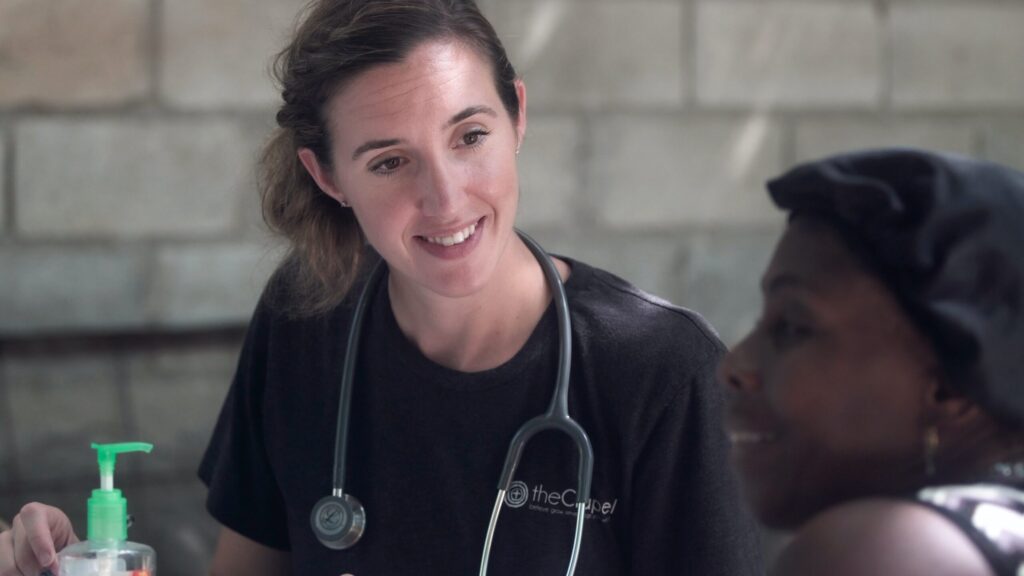Health Behavior Change Health Behavior Change
Why do more people consider changing behavior at the beginning of a New Year? What is it about a New Year that serves as a catalyst? What are the behaviors that people want to change most? Why do resolutions often fail?

The New Year is the beginning of a new time period; leaving the past behind; leaving habits that you didn’t particularly care for but found hard to put behind you until now. Considering the New Year, many people feel like shedding the old and adopting the new! This often translates into thoughts of a better tomorrow, a better life, a better me!
A RetailMeNot.com survey listed its top five New Year’s resolutions for 2022. These are:
1. Exercise More
2. Save Money
3. Pay off debt
4. Lose weight
5. Spend more time with family
These are basically very similar to other organizations that have highlighted top resolutions in years past.
Getting in better shape, losing weight, spending more time with family, and money matters seem to edge their way to the top of most lists year over year.
While many people give serious thought to doing “something better to benefit me or my family” starting Jan 1, there is also the flip side that occurs. Failure to keep the resolutions we make…Amy Morin(1) psychotherapist for Psychology Today states that the primary reason people fail to keep their resolution(s) is that the change is tied to a date instead of being tied to one’s readiness.
Changed Behavior
Goals resemble new year’s resolutions. They are necessary, but goals alone don’t get the job done. The National Society of Health Coaches (NSHC) wholeheartedly agrees that the single most important factor for behavior change is one’s readiness. Think of those wanting to quit tobacco. It’s a difficult behavior to change, even when ready. If one isn’t ready, there’s no date or external factors likely to make a difference in and of themselves. Readiness is the result of thoughtfulness, goal setting, careful planning, and acknowledging the costs as action to change gets into high gear.
While the talk of a New Year’s resolution generally ends up with people rolling their eyes at what might have been, there is actually plenty of hope! According to Norcross and Vangarrelli(2), 71% of the individuals in a study from the University of Scranton said their mistakes actually strengthened their desire to reach their goals.. to try again but with more resolve!
See ways to keep the Resolve going! See NSHC Blog: Healthy New Year
Health Coach Certification Program
In NSHC’s Health Coach Certification program, clinicians learn that Relapse is “normal” and conveying this to the patient helps affirm their situation as not uncommon! Clinicians learn how to tap into the patient’s/family’s own readiness to change; to evoke the patient’s own motivation to get started regardless of the time of year!
(1) Morin, A. (2022) This is why most New Year’s resolutions fail. Retrieved from: https://www.psychologytoday.com/us/blog/what-mentally-strong-people-dont-do/201912/is-why-most-new-years-resolutions-fail
(2) Norcross, JC and Vangarelli, DJ. (1989). The resolution solution: Longitudinal examination of New Year’s change attempts. Journal of Substance Abuse, 1(2): 127-34.

